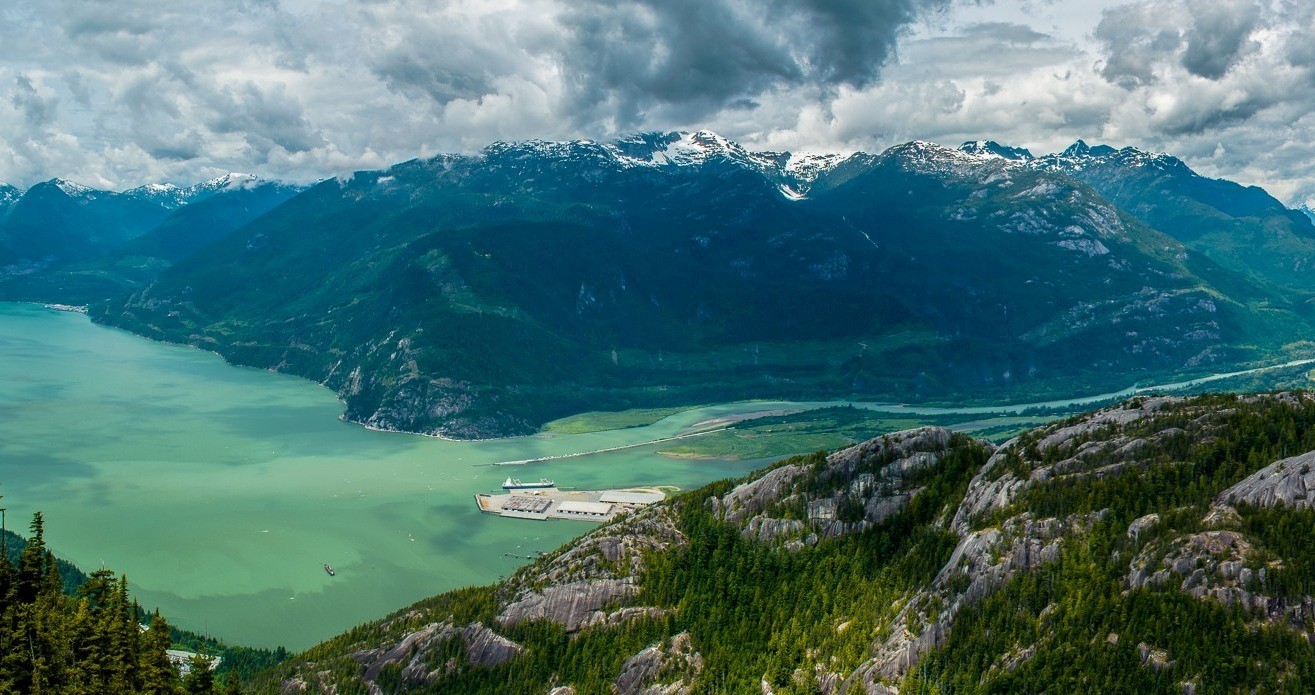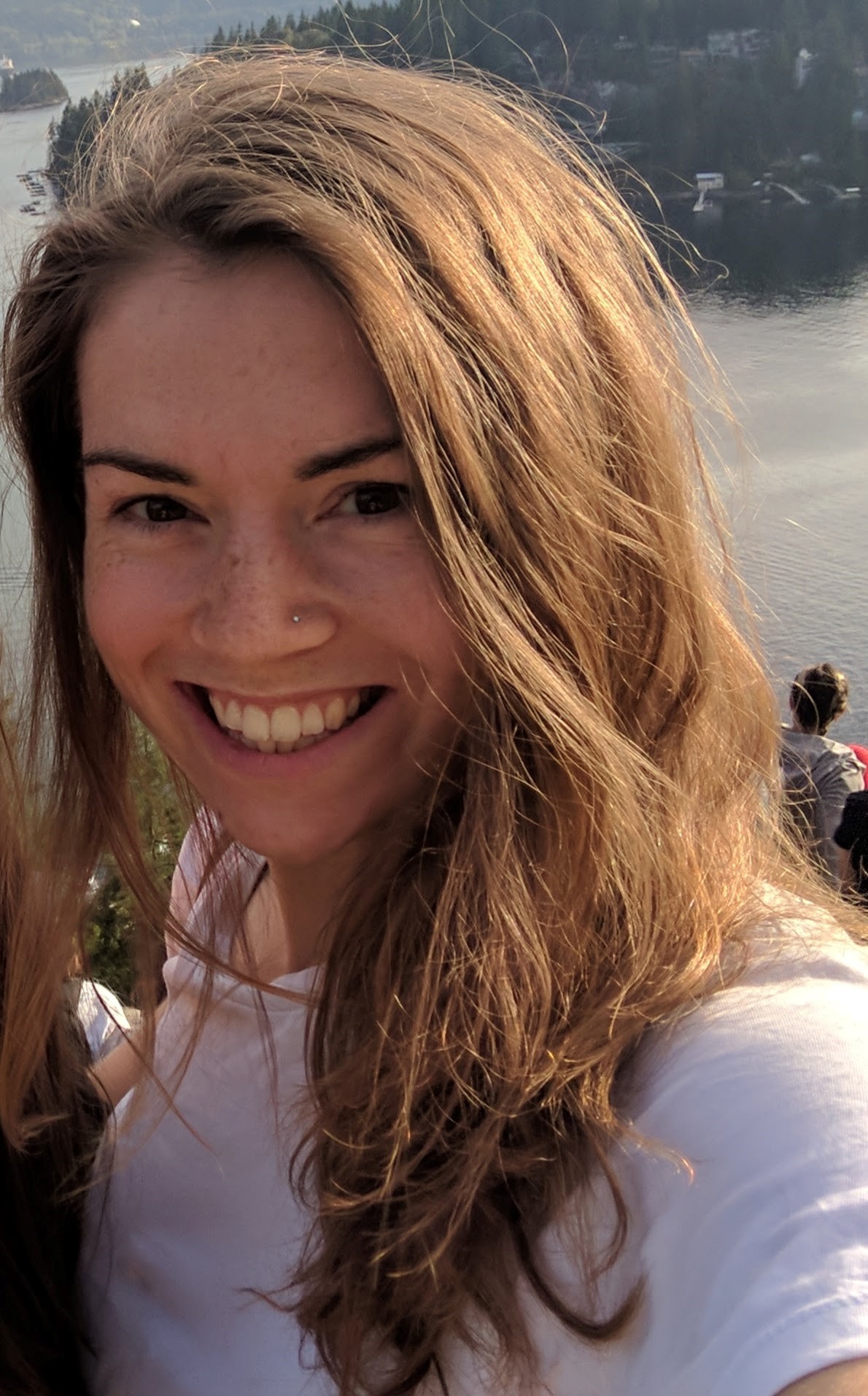[vc_row][vc_column][vc_column_text text_larger=”no”] Howe Sound/Atl’ka7tsem is an ecologically rich marine area that sits directly adjacent to the growing city of Vancouver. As such, it is representative of many parts of the world, where development and industry confront socio-ecological integrity.
Howe Sound/Atl’ka7tsem is an ecologically rich marine area that sits directly adjacent to the growing city of Vancouver. As such, it is representative of many parts of the world, where development and industry confront socio-ecological integrity.
One of the newer projects on our shared platform, Howe Sound/Atl’ka7tsem Marine Reference Guide, is working hard to ensure the health of this important marine ecosystem is restored, protected, and stewarded for generations to come.
As they have recently launched a brand new website, we thought it was a perfect time to sit down with Project Director Fiona Beaty to chat about the growth of the project and how it is working in collaboration with First Nations, local and federal governments, marine sectors, and community members to produce resources and build capacity to improve regional marine ecosystem health.

Can you share a bit about Howe Sound/ Atl’ka7tsem Marine Reference Guide and its goal?
Our project’s goal is to build capacity to protect, restore, and be stewards of Howe Sound/ Atl’ka7tsem’s marine environmental health (Atl’ka7tsem is the Squamish Nation place name for this region within their territory). We will achieve this goal by bringing together knowledge and people who are connected with the Sound’s marine world to create resources and maps. We will use this information and knowledge to directly support informed decision-making, collaborative management, marine spatial planning, and community education. To ensure our success, we’ve identified seven principles that will guide our project’s development. Among them is understanding that groups across the board share responsibility for protecting the health, biodiversity, and human values associated with the Sound’s marine environment. Additionally, we feel that the information and knowledge generated through our initiative must be transformed into action that effectively protects our marine ecosystem values.
What makes the project unique?
It is one of the first initiatives to bring together an incredibly diverse array of regional champions of marine health. Together, First Nations, local and federal governments, marine sectors (tourism, industry, recreation, conservation, and education), and community members are collaboratively leading and developing the Marine Reference Guide. While roundtables such as this have existed in the past to address regional air quality issues and terrestrial or freshwater ecosystems, this is the first example in the marine realm of such coordinated, collaborative, and diverse involvement.

What is your role with Howe Sound/Atl’ka7tsem Marine Reference Guide and why did you get involved?
I am the Project Director for this initiative and have been working on it since its conception in July 2017. The main reason I am involved with this project is that I spent my childhood on Howe Sound/Atl’ka7tsem rocky shores and in its forests. Growing up here has fostered a deep connection to nature that has shaped my life in ways I am continuously realizing. In addition to its natural values, Howe Sound/Atl’ka7tsem’s human communities inspire me by their commitment, passion, and leadership toward improving and protecting ecosystem health while supporting human well-being.
How has working collaboratively with First Nations, local and federal governments, and marine sectors helped to strengthen the Howe Sound/ Atl’ka7tsem Marine Reference Guide?
The outcomes of the Marine Reference Guide will directly impact the Sound’s community, residents, governments, and businesses. Accordingly, it is imperative that these groups are all involved throughout the process of shaping, developing, and implementing the project. Their involvement and participation help ensure that the outcomes of the project will directly support existing priorities and future development of each First Nation, government, and marine sector.
In what ways have you found being on Tides Canada’s shared platform is beneficial to your work?
The shared platform has provided immense support and guidance for this project’s development. I can honestly say that without this structure, the Marine Reference Guide would likely still be an idea being tossed around during group discussions. It has been wonderful to channel our region’s energy and momentum through the shared platform to achieve tangible results and grow our project’s network and capacity. We are extremely grateful for this platform, the experts who support our project at Tides Canada, and the network of other national projects and experiences that we are able to learn about and connect with.
What exciting activities/initiatives are coming up for the project?
We are looking forward to our first year of data collection. This will involve field surveys (i.e. boating around and mapping plants and animals), and interviews with various groups and individuals.
We are also excited to launch our project’s website this February: howesoundguide.ca. Here you can find information about our project’s history, scope, outcomes, and team.
Finally, we look forward to ongoing community events where we get to chat with residents and folks about why they care about the ocean and ways they can work to improve marine health and human interactions with the sea.
How can people learn more and support Howe Sound/ Atl’ka7tsem Marine Reference Guide?
Our project’s website is a great avenue for learning more about and supporting the initiative. If you are interested in donating toward the project please visit the Tides Canada project page, and if you would like to get in touch with our team please message howesoundguide@gmail.com or visit our Twitter page.[/vc_column_text][/vc_column][/vc_row]